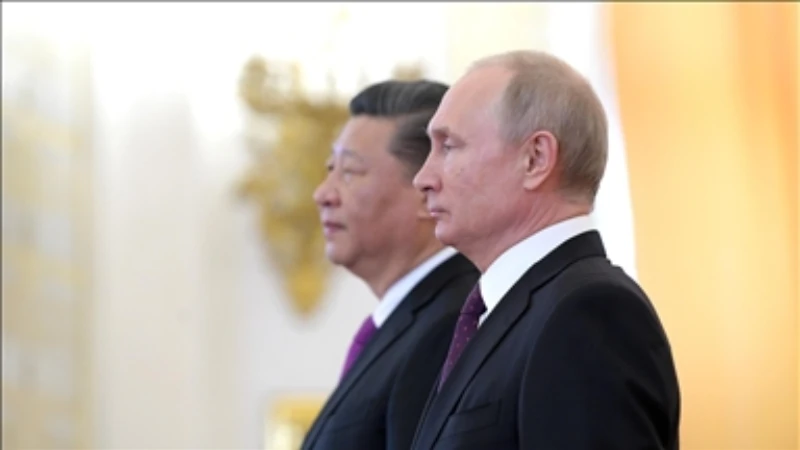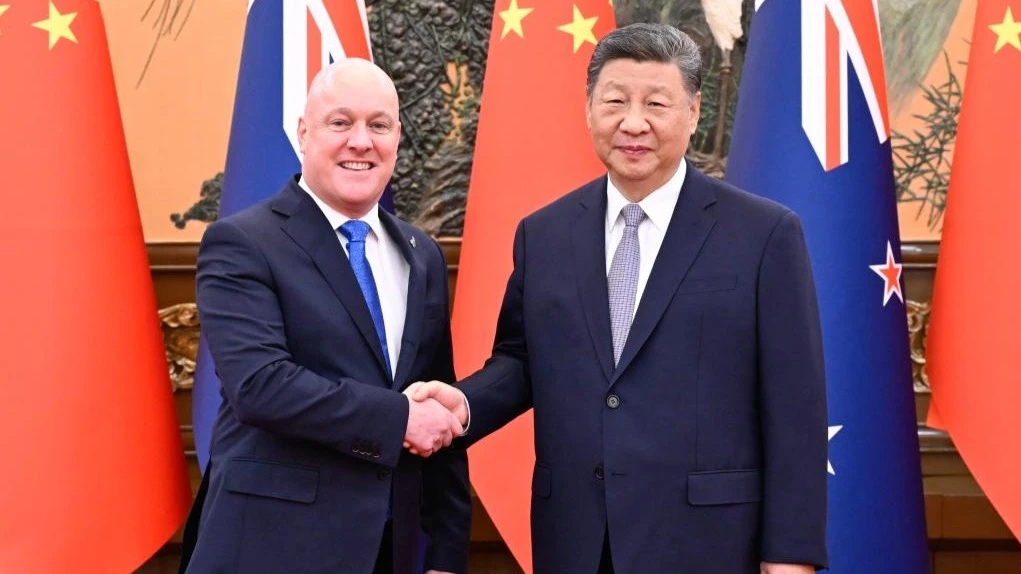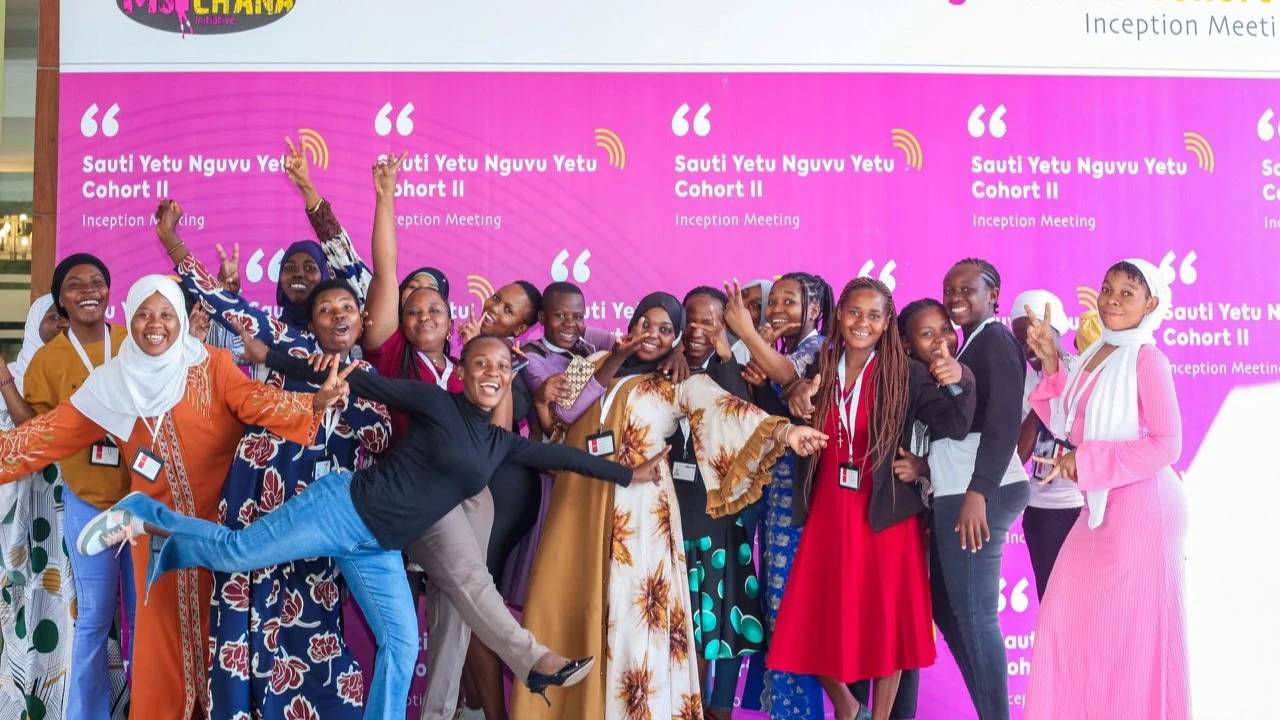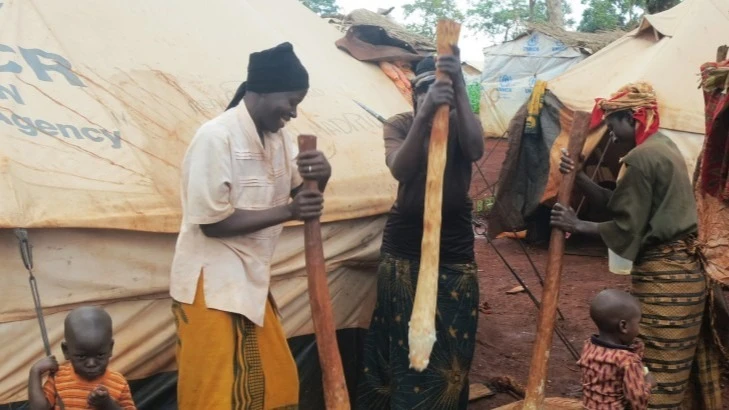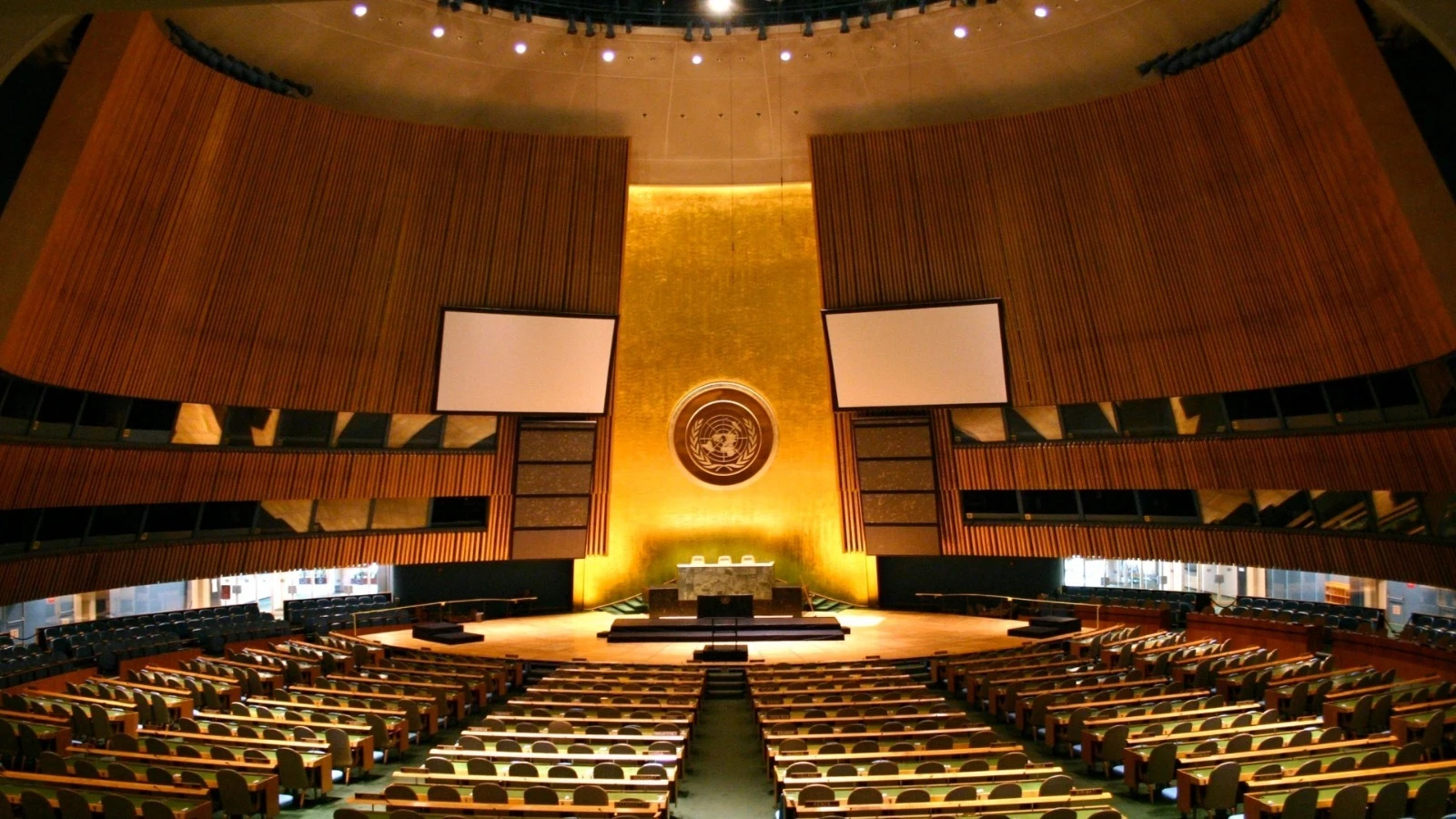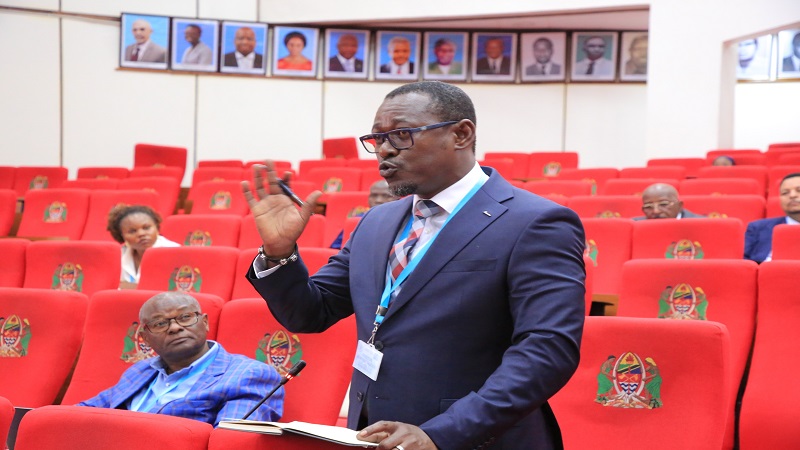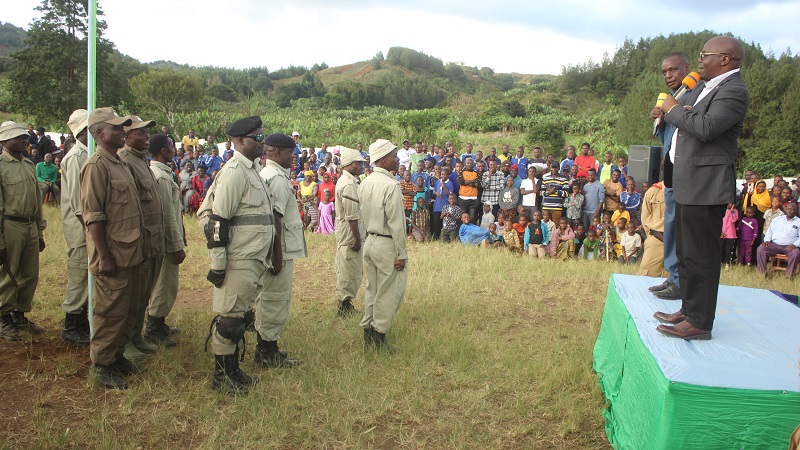Leadership mentorship initiative selects 20 girls from four regions
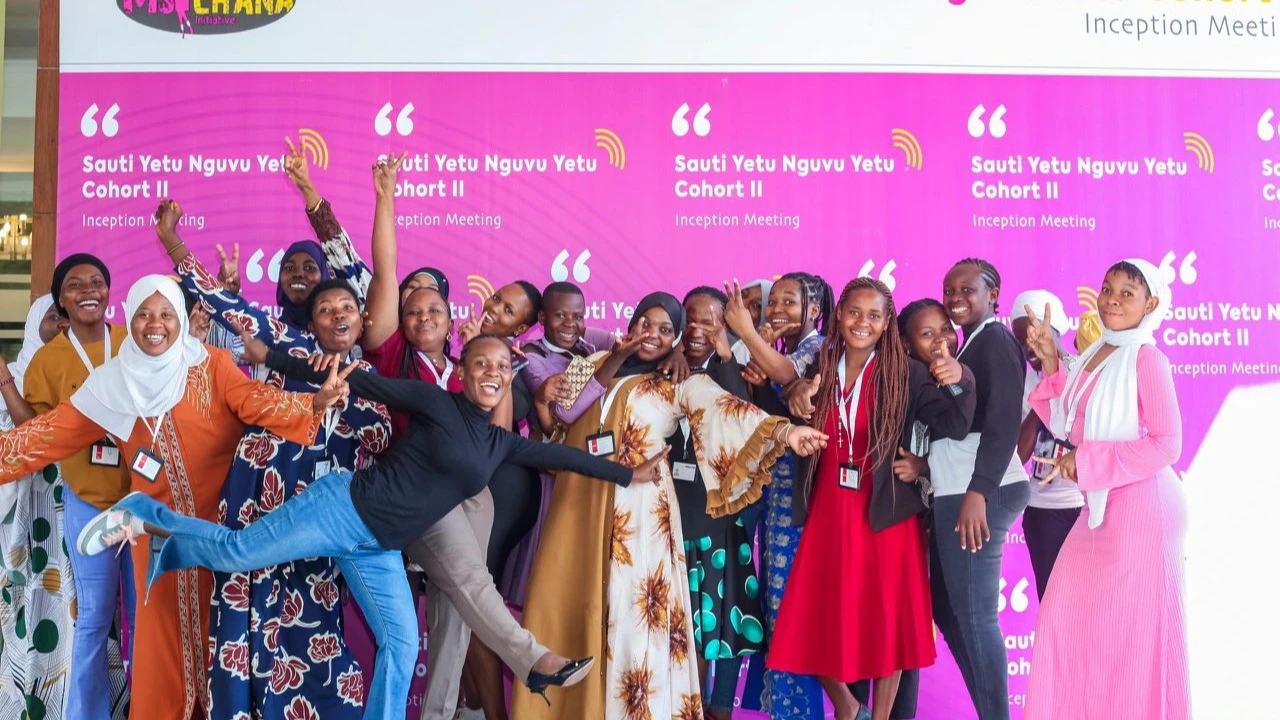
IN a move aimed at nurturing future female leaders and challenging gender norms, Msichana Initiative has launched the second cohort of its flagship programme, Sauti Yetu, Nguvu Yetu, targeting 20 adolescent girls and young women from Dodoma, Tabora, Coast and Dar es Salaam regions.
The two-year initiative will equip the participants with leadership, communication and decision-making skills, along with education on reproductive health and gender equality. The goal is to empower them to become agents of change in their communities.
Speaking during the programme’s inception meeting held yesterday in Dar es Salaam, Rebeca Gyumi, Executive Director of Msichana Initiative, said the programme is designed to build the capacity of young women to confront cultural barriers, promote self-awareness, and drive social transformation.
“The girls will receive hands-on training to strengthen their personal leadership, improve their ability to navigate challenges and inspire others,” she said. “We groom them to be bold, informed and capable of making strategic choices that impact society.”
She noted that it is well documented worldwide that women are still underrepresented in leadership and decision-making in various sectors. The programme has been timely in addressing this imbalance by empowering young girls to challenge harmful cultural norms and barriers, fostering their confidence to effect change.
“The girls will also be equipped with self-awareness skills to tackle harassment, including sexual exploitation, especially during election periods. We are building their capacity to become leaders, to recognise and confront various forms of abuse and to focus on achieving their goals in leadership,” she said.
She also revealed that the first cohort of the programme had already reached over 240 other girls through peer education and mentorship, showing the ripple effect of the initiative.
One of the new participants, Dafroza Dickson from Dar es Salaam, expressed excitement about joining the programme. “I have seen the impact it had on previous participants. I believe the skills will help me not only in my personal growth but also in empowering others around me,” she said.
Loveness Athuman, a graduate of the first cohort from Tabora, praised the initiative for breaking down stereotypes. “This programme helped me understand that girls can lead just as effectively as boys. It gave me the confidence to step up and speak out,” she said.
She also emphasized the importance of continuing such programmes to dismantle harmful societal norms and traditions that hinder women’s participation in leadership.
“In our society, many women and girls do not engage in leadership roles, believing the same are reserved for men. However, this programme has empowered us and shown that we can be leaders in various fields just like men. We are not frightened,” she said.
Top Headlines
© 2025 IPPMEDIA.COM. ALL RIGHTS RESERVED








